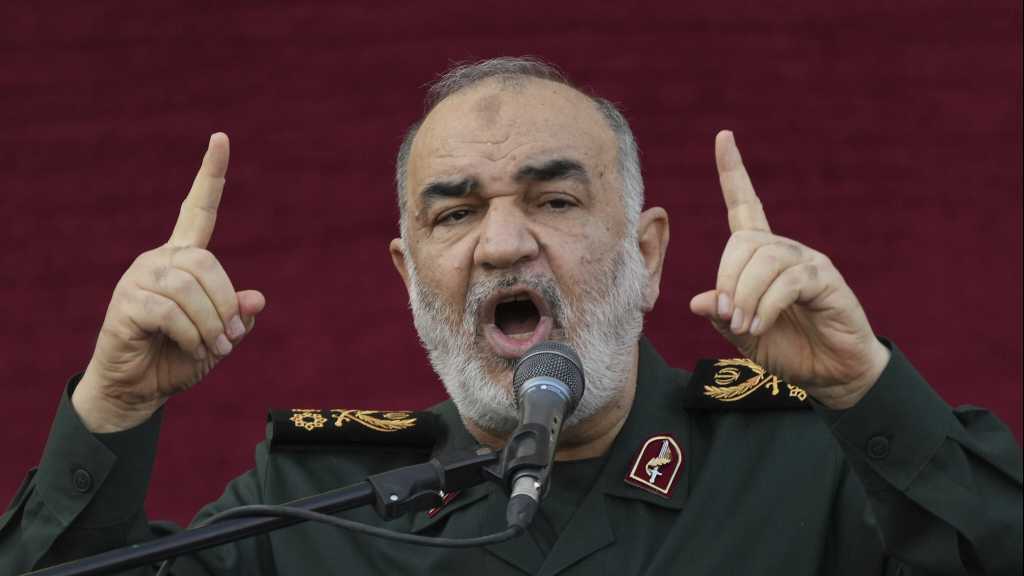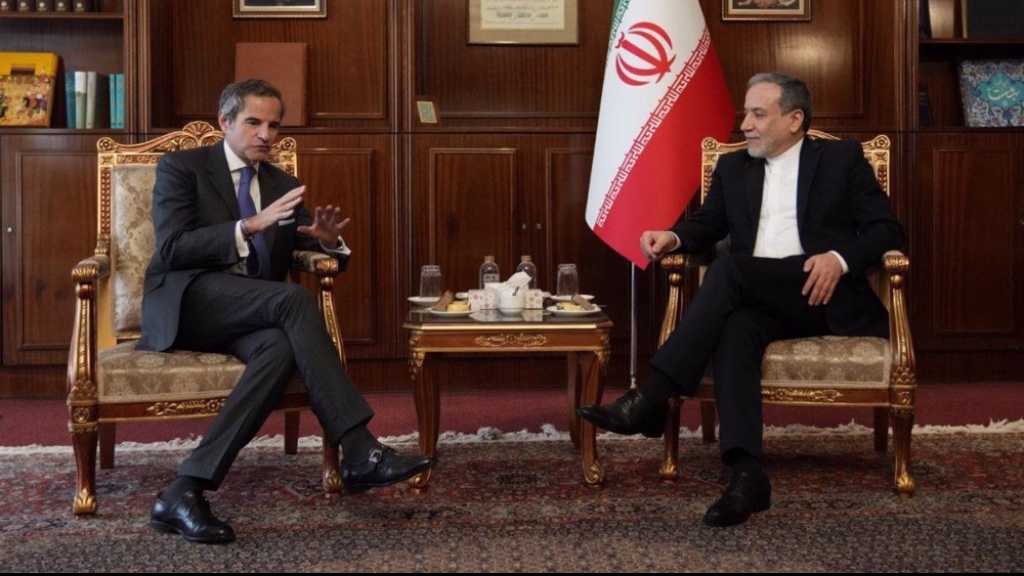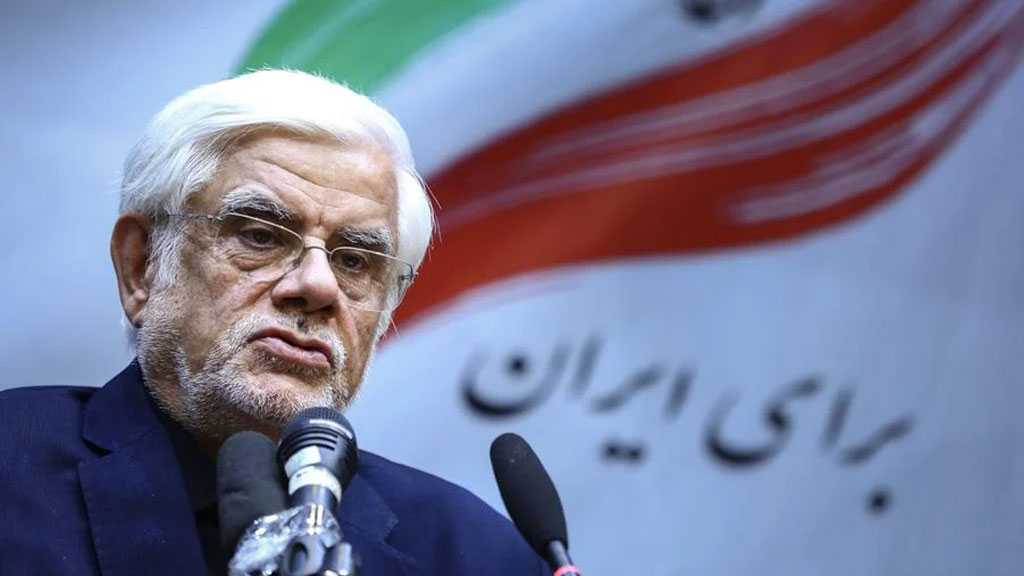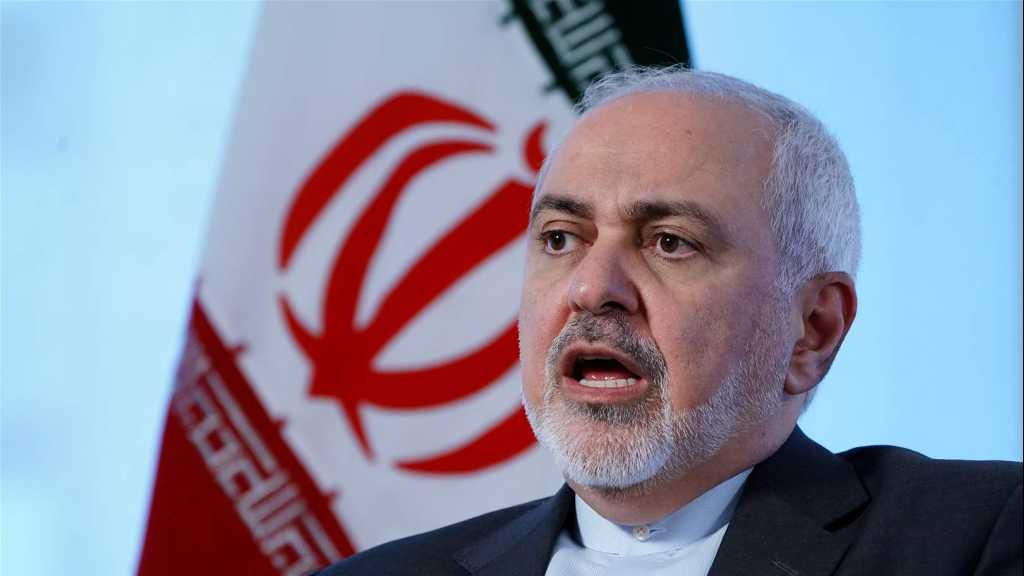Iran’s President: To Prioritize Bolstering Ties with Neighbors Not to Submit to US Pressure
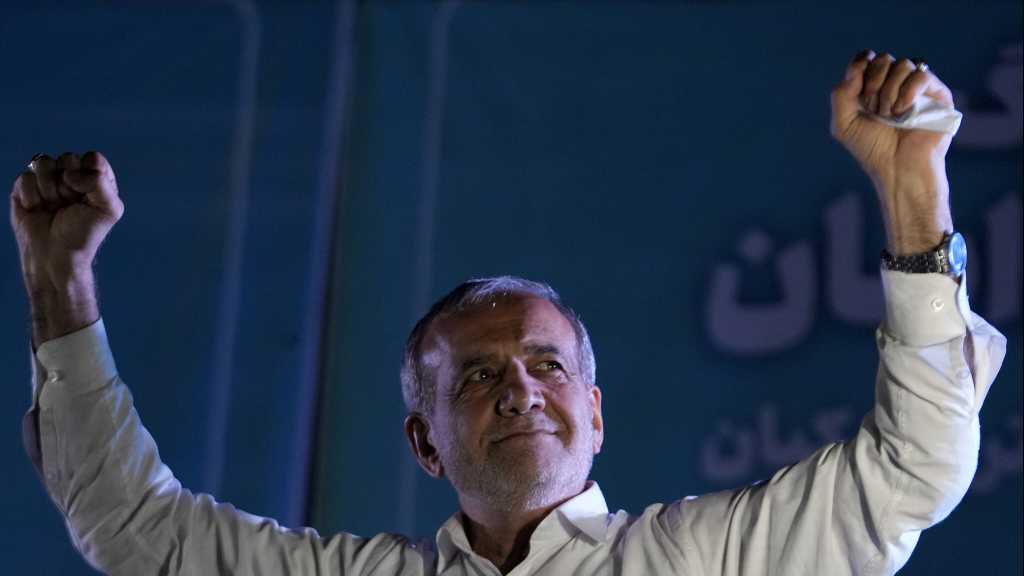
By Staff, Agencies
Iranian President-elect Masoud Pezeshkian confirmed that his administration will prioritize bolstering ties with neighbors.
In an article published by Tehran Times on Friday, Pezeshkian said: “Under my administration, we will prioritize strengthening relations with our neighbors.”
“We will champion the establishment of a ‘strong region’ rather than one where a single country pursues hegemony and dominance over the others,” he added.
Pezeshkian, a former heart surgeon and health minister, wrote that he firmly believes that “neighboring and brotherly nations should not waste their valuable resources on erosive competitions, arms races, or the unwarranted containment of each other.”
“Instead, we will aim to create an environment where our resources can be devoted to the progress and development of the region for the benefit of all,” he stated.
“We look forward to cooperating with Turkey, Saudi Arabia, Oman, Iraq, Bahrain, Qatar, Kuwait, the United Arab Emirates, and regional organizations to deepen our economic ties, bolster trade relations, promote joint-venture investment, tackle common challenges, and move towards establishing a regional framework for dialogue, confidence building and development,” Pezeshkian added.
He went on to say that “nations endowed with abundant resources and shared traditions rooted in peaceful Islamic teachings, we must unite and rely on the power of logic rather
The president-elect wrote that as a first measure, his administration “will urge our neighboring Arab countries to collaborate and utilize all political and diplomatic leverages to prioritize achieving a permanent ceasefire in Gaza aiming to stop the massacre and prevent the broadening of the conflict.”
“We must then diligently work to end the prolonged occupation that has devastated the lives of four generations of Palestinians,” he stated.
“In this context, I want to emphasize that all states have a binding duty under the 1948 Genocide Convention to take measures to prevent genocide; not to reward it through normalization of relations with the perpetrators,” he emphasized.
He appreciated young people in Western countries who “have recognized the validity of our decades-long stance on the ‘Israeli’ entity.”
The Iranian president-elect praised China and Russia for consistently standing by Iran “during challenging times.”
“We deeply value this friendship,” he wrote.
“Our 25-year roadmap with China represents a significant milestone towards establishing a mutually beneficial ‘comprehensive strategic partnership,’ and we look forward to collaborating more extensively with Beijing as we advance towards a new global order,” he said.
“In 2023, China played a pivotal role in facilitating the normalization of our relations with Saudi Arabia, showcasing its constructive vision and forward-thinking approach to international affairs,” he noted.
Pezeshkian called Russia “a valued strategic ally and neighbor to Iran” and said that his administration “will remain committed to expanding and enhancing our cooperation.”
“We strive for peace for the people of Russia and Ukraine, and my government will stand prepared to actively support initiatives aimed at achieving this objective,” he wrote.
“I will continue to prioritize bilateral and multilateral cooperation with Russia, particularly within frameworks such as BRICS, the Shanghai Cooperation Organization and Eurasia Economic Union,” he noted.
The president-elect wrote that “Iran's relations with Latin America are well-established and will be closely maintained and deepened to foster development, dialogue and cooperation in all fields.”
“There is significantly more potential for cooperation between Iran and the countries of Latin America than what is currently being realized, and we look forward to further strengthening our ties,” he said.
“Iran’s relations with Europe have known its ups and downs,” Pezeshkian wrote.
“After the United States’ withdrawal from the JCPOA [Joint Comprehensive Plan of Action] in May 2018, European countries made eleven commitments to Iran to try to salvage the agreement and mitigate the impact of the United States’ unlawful and unilateral sanctions on our economy,” he said.
He complained that European countries “reneged on all these commitments, yet unreasonably expect Iran to unilaterally fulfill all its obligations under the JCPOA.”
“Despite these missteps, I look forward to engaging in constructive dialogue with European countries to set our relations on the right path, based on principles of mutual respect and equal footing,” he added.
Pezeshkian wrote that the “United States also needs to recognize the reality and understand, once and for all, that Iran does not—and will not—respond to pressure.”
“We entered the JCPOA in 2015 in good faith and fully met our obligations. But the United States unlawfully withdrew from the agreement motivated by purely domestic quarrels and vengeance, inflicting hundreds of billions of dollars in damage to our economy, and causing untold suffering, death and destruction on the Iranian people,” he wrote.
He added that the US “deliberately chose to escalate hostilities by waging not only an economic war against Iran but also engaging in state terrorism by assassinating General Qassem Soleimani.”
“Today, the world is witnessing the harmful consequences of that choice,” he noted.

